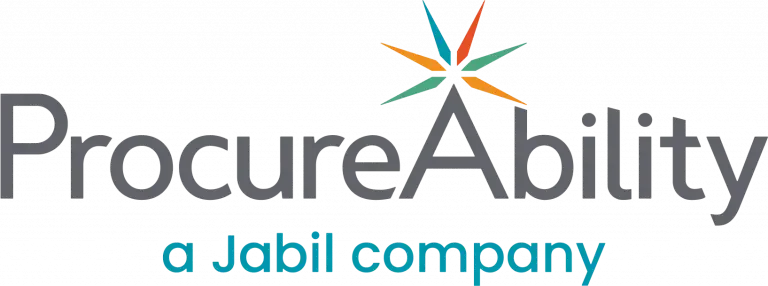
Procurement is rapidly shifting from a tactical, transaction-focused function to a strategic business partner. As this evolution continues, the skills needed for success are also changing. Modern procurement professionals no longer sit behind the scenes processing purchase orders. Instead, they drive value, manage risk, and influence business outcomes.
So, what does it take to excel in this environment? Emerging leaders share several core competencies that help them succeed. These skills strengthen sourcing results, improve supplier relationships, boost efficiency, and align procurement more closely with business goals.
Strategic Use of Data for Decision-Making
In today’s data-driven world, procurement professionals must turn information into insight. They analyze purchasing trends, supplier performance, and market intelligence to guide strategy and negotiation. Strong data skills enable better category planning, smarter pricing models, and more effective cost management.
Top-performing procurement teams rely on data extracted from Enterprise Resource Planning (ERP) systems and analytics tools. Yet, success depends less on having data and more on using it effectively. Professionals who connect raw numbers to business impact deliver stronger, evidence-based recommendations. As a result, they become trusted advisors across departments.
Agility in a Multifaceted Role
Procurement has outgrown its transactional roots. Today’s professionals juggle multiple roles—strategist, project manager, analyst, and consultant. Agility is essential as priorities shift, supply chains fluctuate, and business needs evolve.
Successful professionals move easily between strategy and execution. They might lead a high-stakes RFP one day and resolve an urgent supplier issue the next. This flexibility enables procurement to stay responsive and deliver measurable value even under pressure.
Relationship-Building Across the Business
Collaboration now defines procurement success. Teams must build strong relationships both inside and outside the organization. This requires effective communication, emotional intelligence, and a service-oriented mindset.
Modern procurement professionals break down silos. They work directly with finance, operations, legal, and product teams to align sourcing with business goals. At the same time, they strengthen supplier partnerships to drive innovation, improve performance, and manage risk. In this environment, supplier relationship management (SRM) becomes a key competitive advantage.
Project Management Mindset
Most procurement initiatives now run like complex projects—with cross-functional teams, strict timelines, and clear outcomes. Professionals must apply project management skills to coordinate efforts, manage risks, and ensure accountability.
Treating each sourcing engagement as a structured project—with milestones, deliverables, and defined goals—improves consistency and impact. Whether managing global sourcing or local vendor programs, strong project discipline enables procurement to meet expectations and deliver results.
Building the Future of Procurement Talent
Organizations increasingly view procurement as a driver of strategic value. As expectations rise, so does the need for advanced skills. Professionals who excel in data analysis, adaptability, relationship management, and project leadership can elevate their influence and performance.
For teams hiring or developing talent, these competencies form a clear roadmap. By fostering these capabilities, organizations can build procurement teams that are agile, aligned, and ready for the future.



